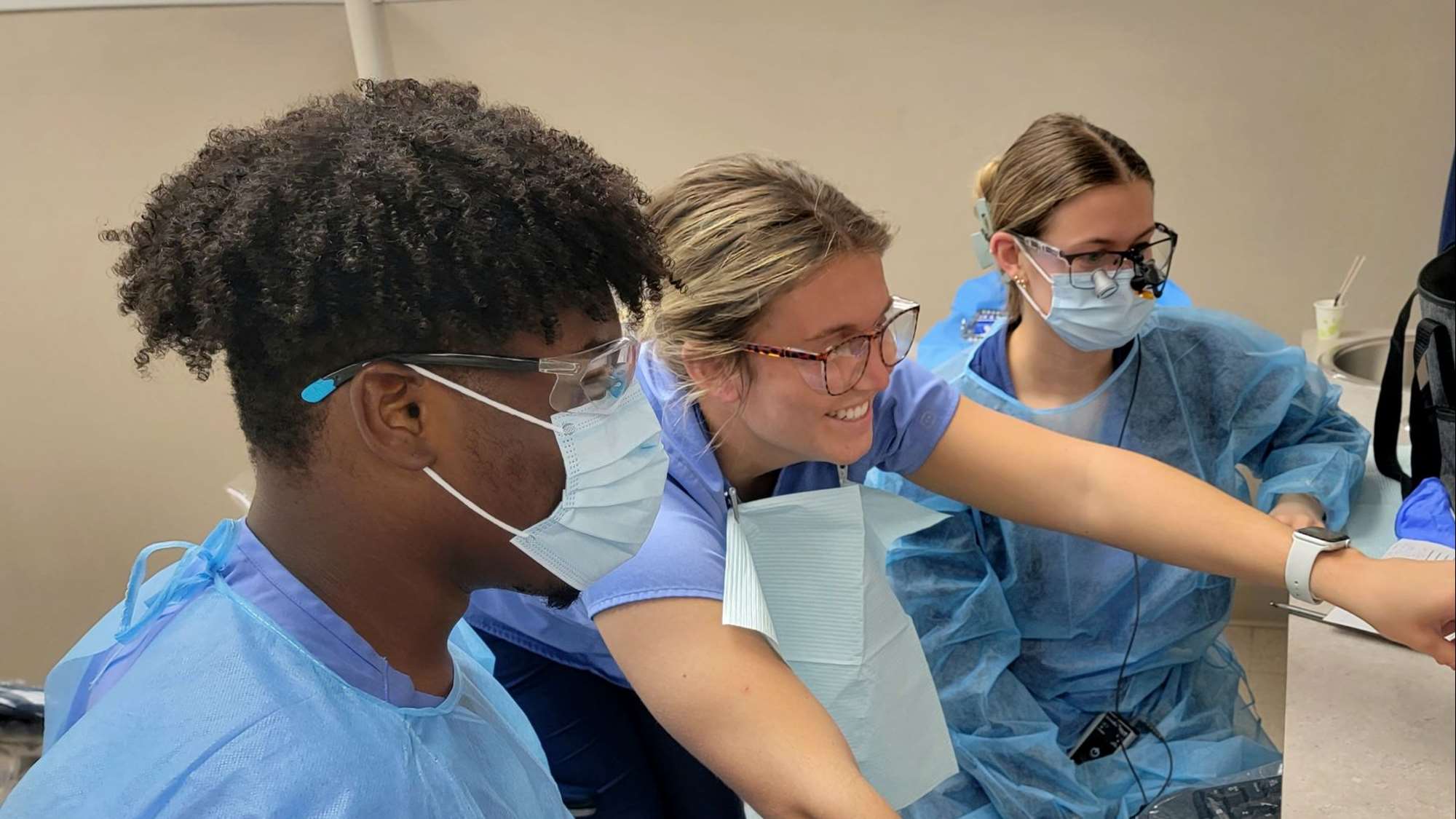Our Philosophy
Continual change in the social, economic, and educational structure of our society has led to an acute awareness of personal health needs. Foremost among these changes are a better informed and educated public, improved technology, and increased life expectancy. While the health professions acknowledge these general social changes, they must also be cognizant of the increased challenges of an increased scientific knowledge base and the issues related to managed care. The dental hygiene profession must continue to recognize its obligation to meet the dental health needs of a global society, and specifically those of West Virginians. The dental hygiene baccalaureate degree programs provide students with the conceptual framework and learning environment for intellectual growth and professional practice. To ensure the continuation of this philosophy, the dental hygiene curriculum must be systematically reviewed and enhanced.
Why choose WVU Dental Hygiene?
- First four-year integrated Bachelor of Science degree in dental hygiene in the U.S.
- Team-oriented programming within the dental school
- Emphasis on working interprofessionally with other health care providers
- Small classes
- Low faculty-to-student ratio in classes, labs and clinic
- Students spend six semesters providing direct patient care
- Patient care performed in on-campus student clinic
- Eight weeks of patient care performed off campus (externship) in rural care area.
- Every student completes a two-year undergraduate research project.
- Graduates are immediately employable. 74% of students were employed prior to graduation and 87% of graduates for the last decade found employment within two months after graduation
As a licensed health professional and oral health educator, the dental hygienist has an important role in the overall health and welfare of the public. The dental hygienist is an integral part of the dental team, providing direct patient care based on the prevention of disease.
